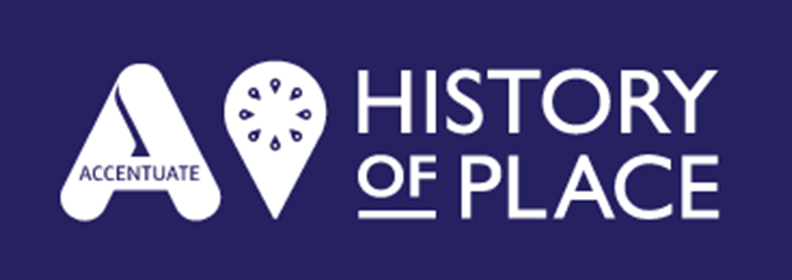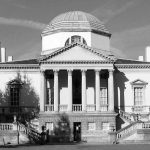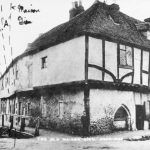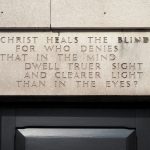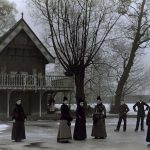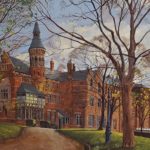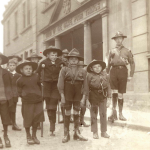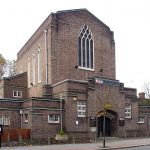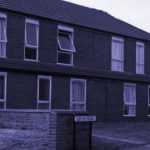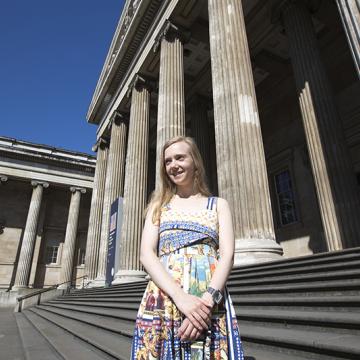I’m Jess Starns, founder of ‘Dyspraxic Me’ a charity for young adults with dyspraxia. I am currently completing Inclusive Arts Practice MA at the University of Brighton.
From 15th October- 26th November 2018 I shall be delivering my research project. As my Masters is arts based we shall be using art as a way together data and discussions responding to my research question.
My research question is:
How should we interpret and curate the history of labelling people with learning difficulties (neurodiversity)?
I am currently looking for a maximum of ten participants to work with me as a group and being involved in the arts-based research. The research is for participants who define themselves as having a learning difficulty (neurodiversity) for example dyslexia, dyspraxia, dyscalculia, dysgraphia, ADHD, ASD and autism.
The research will take place over seven sessions. From 15th October till 25th November for seven weeks. The research will take place at the Free Space Project, Kentish Town Health Centre, 2 Bartholomew Road, London NW5 2BX. Apart from the second session on Tuesday 23rd October will take place at the Wellcome Collection, 183 Euston Road, Kings Cross, London NW1 2BE. Each session will last for 3 hours from 11am till 1.30pm.
What is the purpose of the study/project?
The purpose and aims of the study are:
- The research will start conversations through learning about neurodiversity history by exploring archives, newspaper articles and museum objects, reflecting on their own personal experiences, in comparison to, and informed by, archive items at the Wellcome Collection. Learning what is important to the neurodiverse community when telling the history of labelling people with learning difficulties including charitable, medical, educational and personal narratives.
- Discuss how to tell an unbiased narrative through historical accounts and personal experiences.
- The terminology to use when talking about neurodiversity, the history of classifying people with learning difficulties, challenge prejudice views, to think about why there is a focus on ‘curing’, exploring current attitudes and how we portray neurodiversity in the media.
- Through the research I would hope to find out for museums and collections what’s important to the neurodiverse community when telling the history of labelling people with learning difficulties? Through the charitable, medical, educational and personal narratives.
Please let me know if you have any questions or would like to find out more about the research.
If you are interested and would like to know more information please contact me through my university email address: Jas35@brighton.ac.uk
